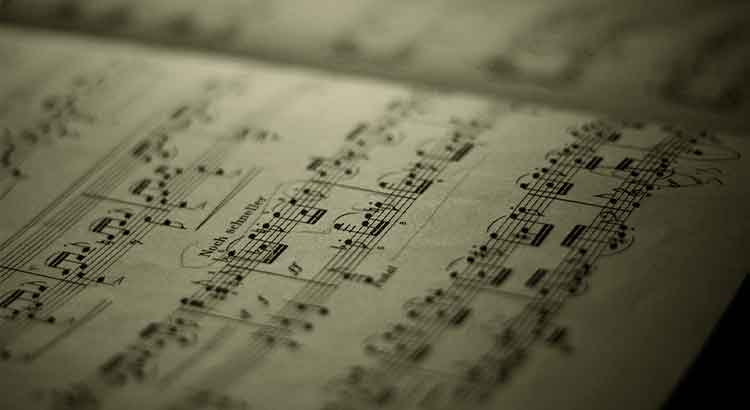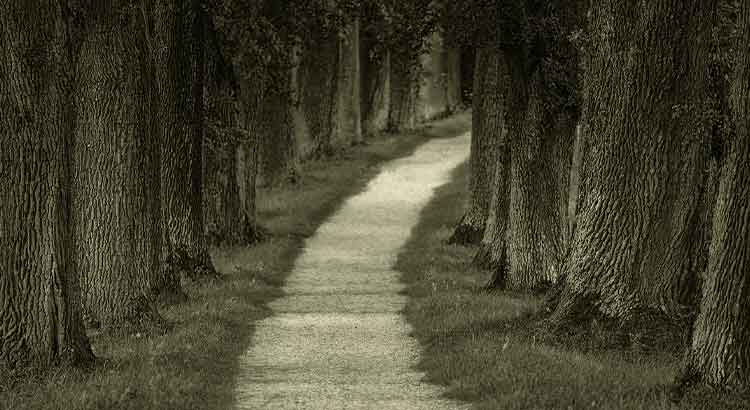Losing our illusions, accepting death, freeing ourselves from financial shackles, laughing at our ridicule, measuring our mediocrity, resisting desire, accepting frustration, annihilating pride, dedicating time to that which fills us with meaning: this is how we achieve bliss, or rather: how we can lick it, until our tongue is dry…
____________
Read more:



